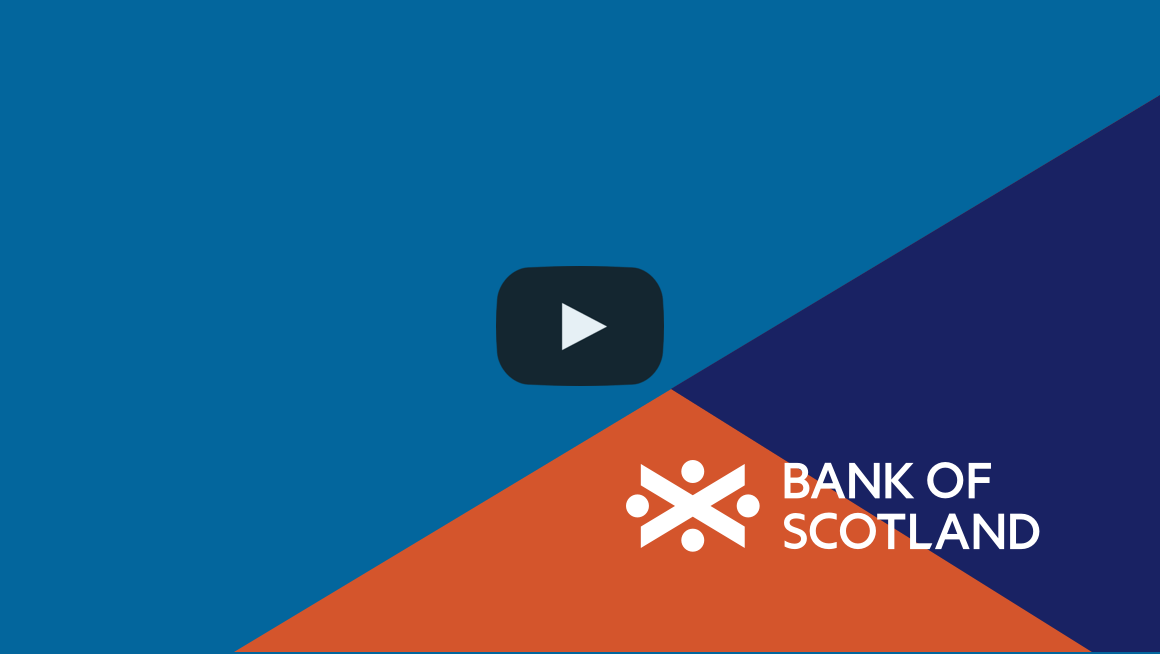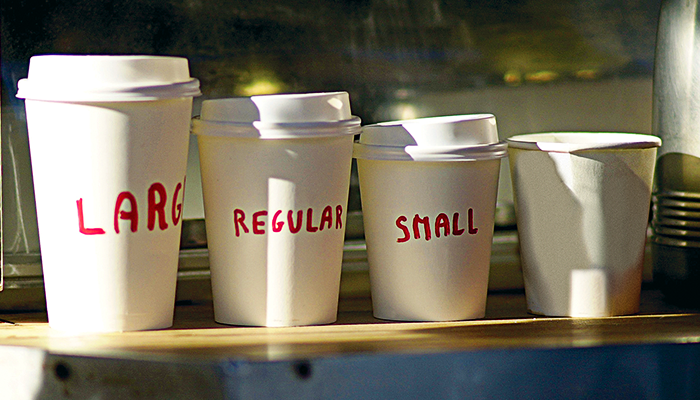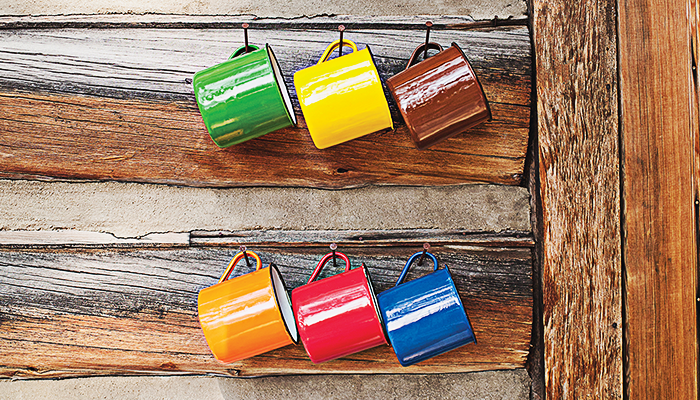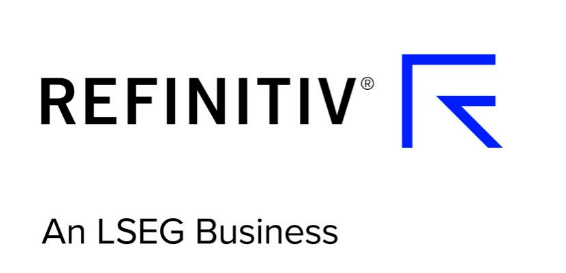Investment field guide
- 7 min reading time

Ready to start investing? Here’s our guide to the main investment assets and vehicles – so you can see which may help you get on the road to achieving your goals.
Assets
Shares
What are they?
Shares represent ownership of part of a company and are issued when a company wants to raise capital. They are usually bought and sold on a stock exchange.
Also known as:
Stocks, equities.
Bonds
What are they?
Bonds are ‘IOU’s offered by organisations that want to raise money. You effectively lend your money to them in return for regular interest payments over a fixed period of time.
Also known as:
Government bonds, corporate bonds, gilts.
Cash and Equivalent
What are they?
Cash is money in the form of currency, including bills and notes. Cash equivalents are investments that can easily be converted to cash within three months. Examples include bank accounts, premium bonds and short-term government bonds.
Also known as:
Currency.
Commodities
What are they?
Commodities are physical assets such as raw goods (e.g. metal ores or oil) and agricultural produce (e.g. wheat, timber, cocoa and pork bellies).
Also known as:
Futures contracts.
Property
What are they?
Bricks and mortar include everything from your home(s) and buy-to-lets to commercial property – either wholly owned or invested in through a fund.
Also known as:
Real estate, property fund.
Gold and Precious Metals
What are they?
Gold and precious metals are rare, naturally occurring elements, prized for their lustre and as a way to store value.
Also known as:
Bullion, coin, bars.
Vehicles

Individual Shares and Bonds
What are they?
Individual shares are specific investments that represent part-ownership of a single company. An individual bond is basically an IOU offered by an organisation that gets your money in return for providing a regular interest payment over a fixed period.
Also known as:
Share incentive scheme, stocks, equities, government bonds, Corporate bonds, gilts.
Exchange Traded Funds
What are they?
Packaged investments which track an index, commodity or even a currency.
Also known as:
ETFs.
Investment Funds
What are they?
Investment funds are a form of group investment – your money is pooled with capital from other investors and used to buy a set of assets.
Also known as:
Mutual fund, pooled investment vehicle, open-ended investment company (OEIC).
Investment Trusts
What are they?
Investment trusts are also a form of group investment but, in this case, you buy shares in a company which invests in a range of assets on your behalf. Shares in an investment trust are traded on a stock exchange like those of other quoted companies. They have a board and publish audited accounts.
Also known as:
Closed-ended investment companies.
Risk notice
Any information provided should not be considered personal advice. Past performance is not a guide to future performance. You may not get back the full amount you invest. If you have any doubts about making your own investment decisions, seek financial advice. Tax treatment depends on individual circumstances and may be subject to change in the future. The information given is not intended to provide legal, tax or financial advice.


























